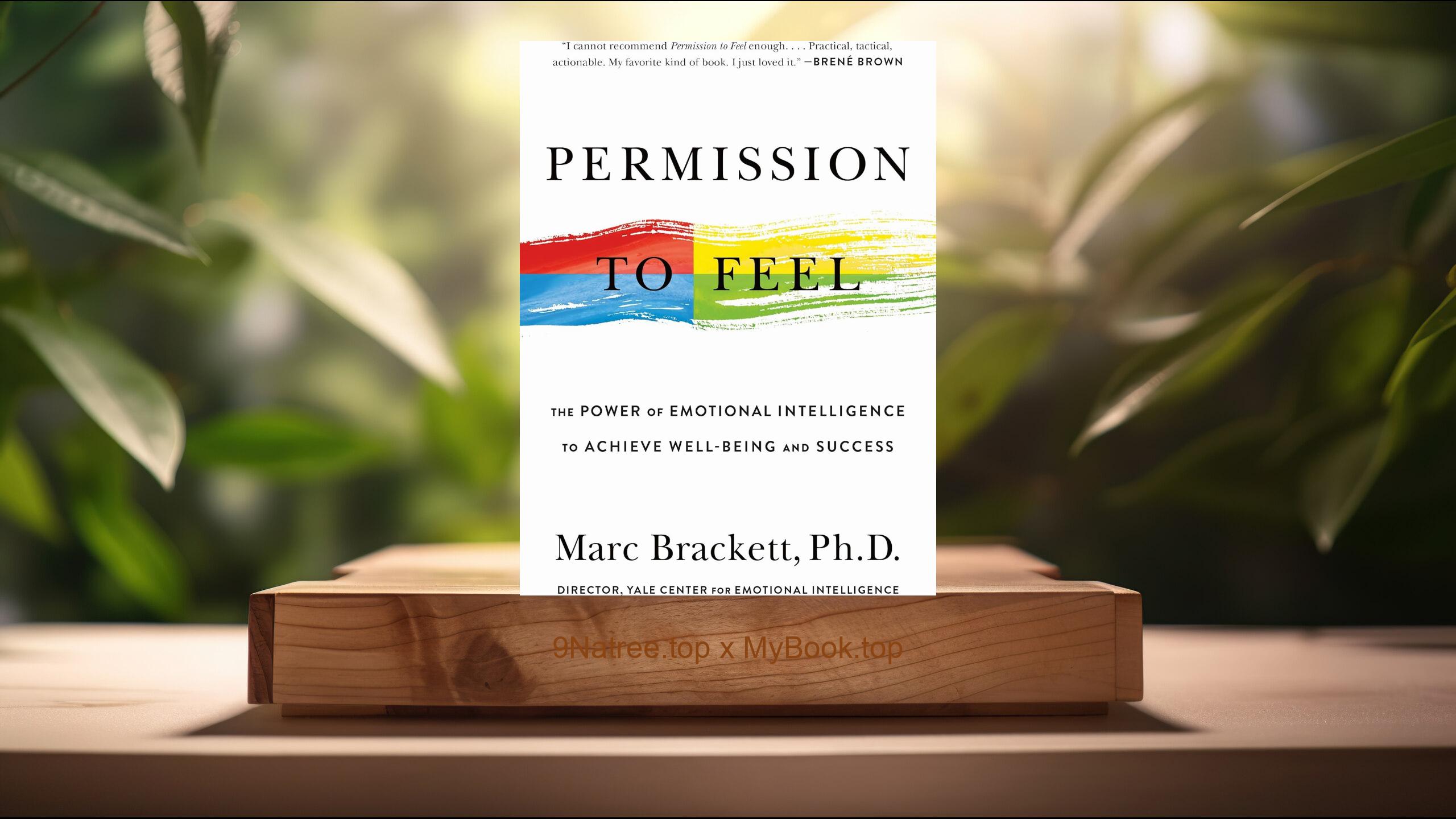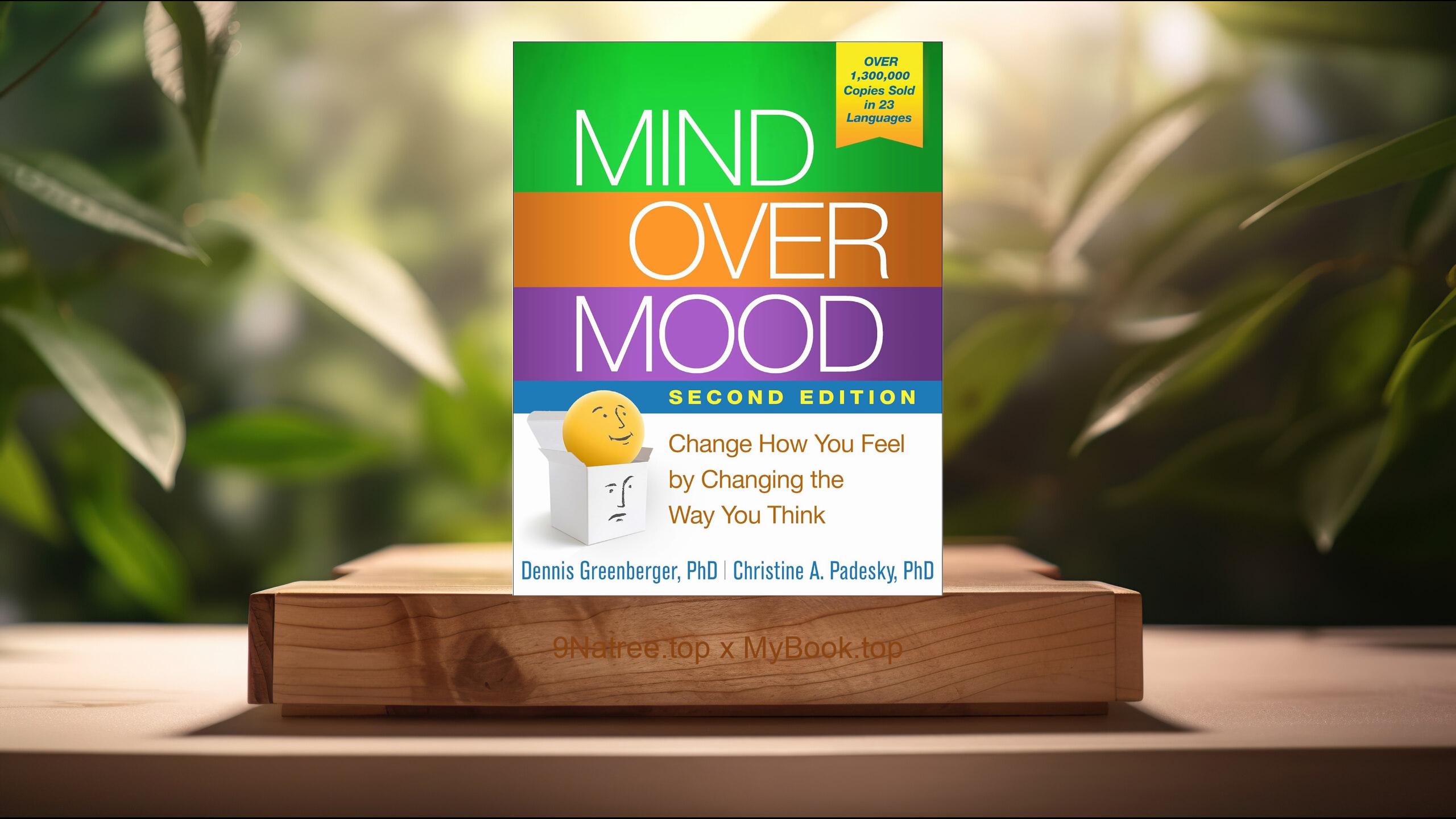Show Notes
- Amazon Books: https://www.amazon.com/dp/1462526780?tag=9natree-20
- eBay: https://www.ebay.com/sch/i.html?_nkw=The+Mindful+Self+Compassion+Workbook+Kristin+Neff+&mkcid=1&mkrid=711-53200-19255-0&siteid=0&campid=5339060787&customid=9natree&toolid=10001&mkevt=1
- Read more: https://mybook.top/read/1462526780/
#SelfCompassion #Mindfulness #InnerStrength #EmotionalResilience #SelfKindness #PersonalGrowth #KristinNeff #MentalHealth #TheMindfulSelfCompassionWorkbook
These are takeaways from this book.
Firstly, Understanding Self-Compassion, Self-compassion, as explained by Kristin Neff in the workbook, involves treating oneself with the same kindness, concern, and understanding one would show to a good friend when confronting personal mistakes, failures, or general suffering. It is a concept rooted in the idea that in order to experience genuine compassion for others, one must be able to embrace oneself with empathy and kindness. Neff outlines three essential components of self-compassion: self-kindness versus self-judgment, common humanity versus isolation, and mindfulness versus over-identification. The workbook provides practical exercises and reflections to help readers cultivate these components, aiming to foster a more compassionate and forgiving relationship with oneself.
Secondly, Self-Kindness vs. Self-Judgment, This topic delves deeper into the dichotomy between treating oneself with kindness and indulging in harsh self-criticism. Kirstin Neff emphasizes the importance of self-kindness as a fundamental aspect of self-compassion. The workbook presents a series of exercises that encourage participants to recognize their inner critic and learn to replace self-critical thoughts with more nurturing and understanding responses. Through this, readers learn to soften their self-view and embrace a more forgiving attitude towards their weaknesses and mistakes. Such practices are not about self-indulgence or ignoring faults; rather, they aim to cultivate a healthy, balanced approach to self-evaluation and improvement.
Thirdly, Common Humanity vs. Isolation, Neff's workbook introduces the concept of common humanity as a crucial aspect of self-compassion, highlighting how personal suffering is a part of the human experience that connects us with others. Through exercises and reflections, readers are encouraged to see their struggles as part of the larger human condition, which helps reduce feelings of isolation and uniqueness in their suffering. This realization fosters a sense of connectedness and solidarity with others, promoting a more compassionate and understanding attitude towards oneself and the challenges one faces. By recognizing that everyone faces hardships, readers can better appreciate their own difficulties as part of the common human experience.
Fourthly, Mindfulness vs. Over-Identification, Kristin Neff points out mindfulness as a key component of self-compassion, where individuals observe their thoughts and feelings with openness and without judgment. The contrast between mindfulness and over-identification is critical; while mindfulness encourages a balanced awareness of one’s experiences, over-identification leads to being consumed by one's feelings and thoughts. The workbook guides readers through practices designed to cultivate mindfulness, helping them to stay present with their emotions without being overwhelmed by them. This balance allows for a healthier engagement with one's inner life, paving the way for self-compassion and emotional resilience.
Lastly, Building Inner Strength and Resilience, The final section of the workbook focuses on how self-compassion fosters enduring inner strength and resilience. Through its exercises, readers learn how cultivating kindness towards oneself in moments of failure or difficulty strengthens emotional resilience, enabling one to bounce back from setbacks with greater ease. Neff demonstrates that self-compassion is not a sign of weakness but a source of strength that can provide the emotional resources needed to cope with life's challenges. By embracing self-compassion, individuals can navigate through adverse situations with a more supportive and understanding mindset, contributing to overall well-being and personal growth.
![[Review] The Mindful Self-Compassion Workbook (Kristin Neff) Summarized](https://episodes.castos.com/660078c6833215-59505987/images/1785395/c1a-085k3-ndwo6n4qbdr-lh1idr.jpg)




